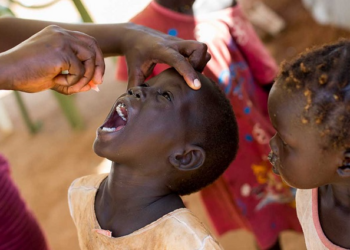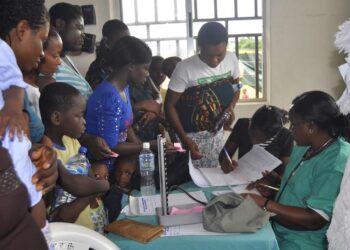Zipline, a drone delivery company has commenced transporting medicines to hard-to-reach hospitals in Kaduna.
In 2021, the Kaduna State Government signed a memorandum undertaking with the U.S. Zipline company to address the logistics issues and improve the delivery of medicines to hard-to-reach health facilities.
Zipline is an American company that designs, manufactures, and operates drones for delivery purposes. As of last month, its drones have made more than 750,000 commercial deliveries and flown a distance of more than 40 million miles.
The drones deliver whole blood, frozen plasma, platelets, cryoprecipitate, vaccines, infusions, and common medical products.
How They Operate:
Zipline receives the medical products at their warehouse from the Kaduna State Government for proper inspection. The products are scanned and labeled with an identification name and expiry dates.
The company also receives drugs and vaccines and keeps them aside. They wait for orders that come through a call center that handles requests from healthcare facilities.
The orders are arranged in a box with a parachute to safely land at its destination.
The ID of the order being transported will be scanned by flight operations to determine the location of delivery. The parcel is loaded on the drone and the operator gets to fly it for delivery.
The drones that can fly without control are connected to GPS and communicate with all drones in operational flight.
Samuel Noma, Zipline’s Operations Manager (Nigeria), said the company’s presence reduces maternal, infant, and young children’s mortality in hard-to-reach health facilities in Kaduna.
He said they deliver medical supplies at a record-breaking forty-five times between five to forty-five minutes.
What He Said
- “One of the reasons for Zipline’s emergence in Kaduna was insecurity and unavailability of storage facilities for thermolabile medications like vaccines.”
- “Zipline reduces delays in drugs/vaccine deliveries to rural areas, where staff had to go long miles to buy medical supplies leaving patients unattended to or waiting for service due to unavailability.”
- “We coming in, we try to centralize and warehouse those medications, and when any facility needs it, at an instance of a call, we quickly deliver.”
























